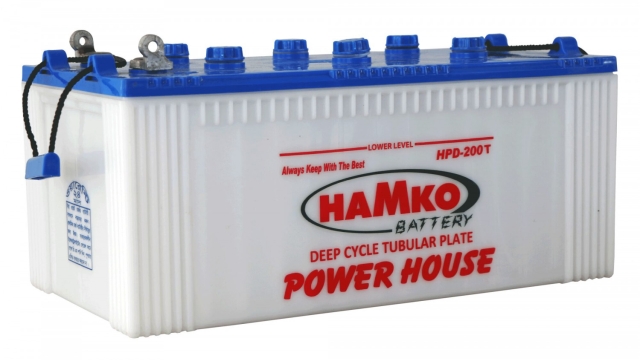
In today’s fast-paced world, where technology plays an integral role in our daily lives, ensuring a reliable power supply is crucial. Unexpected power outages can disrupt work, damage equipment, and lead to loss of critical data. This is where UPS batteries come into play. A UPS, or Uninterruptible Power Supply, provides a safeguard against these interruptions, allowing you to maintain power continuity and protect your valuable devices.
Understanding UPS batteries is essential for anyone looking to enhance their home or office setup. These batteries not only provide short-term power during outages but also help regulate voltage and prevent electrical surges. By investing in a quality UPS system, you can achieve peace of mind knowing that your electronic devices are safe and operational, no matter what happens with the power grid. In this guide, we’ll explore the various types of UPS batteries, their benefits, and how to choose the right one for your needs.
Understanding UPS Batteries
UPS batteries, or uninterruptible power supply batteries, are crucial components that provide backup power during electrical outages. They are designed to keep devices running smoothly when the main power source fails. This is especially important for critical systems that require constant energy supply, such as servers, medical equipment, and telecommunications. By using UPS batteries, users can ensure that their devices continue to operate and that data is preserved during temporary power disruptions.
There are several types of UPS batteries, including sealed lead-acid (SLA), lithium-ion, and nickel-cadmium. SLA batteries are commonly used due to their affordability and reliability, making them an ideal option for small to medium UPS systems. Lithium-ion batteries have gained popularity for larger setups because they are lighter, have a longer lifespan, and offer improved energy efficiency. Understanding the differences between these battery types can help you choose the best option for your specific needs.
The performance and lifespan of UPS batteries are influenced by factors such as temperature, usage patterns, and maintenance practices. Proper care can significantly extend the life of these batteries, which generally last between three to five years depending on their type and usage conditions. Regularly monitoring the health of your UPS batteries and replacing them when necessary is essential for maintaining peace of mind and ensuring that your systems are always protected from power interruptions.
Choosing the Right UPS Battery
When selecting a UPS battery, one must first consider the power requirements of the equipment that needs protection. Identify the total wattage of your devices to ensure the UPS system you choose can handle the load. This not only aids in determining the appropriate capacity of the battery but also helps in managing the runtime during power outages.
Another critical factor is the type of UPS battery technology. Lead-acid batteries are commonly used due to their cost-effectiveness and reliability, but they may require more space and regular maintenance. On the other hand, lithium-ion batteries offer a longer lifespan and quicker recharge times, making them suitable for high-performance environments, though they come at a higher initial cost. Assess your needs carefully to determine which battery technology aligns with your budget and operational demands.
Lastly, examine the runtime and warranty options available for the UPS battery. Runtime refers to how long your devices can run during a power outage, and this varies based on the load and battery capacity. A good warranty can provide peace of mind, covering potential defects or performance issues. Research different manufacturers and read customer reviews to make a well-informed decision that will ensure your equipment remains powered and protected in any situation.
Maintenance Tips for Longevity
To ensure your UPS batteries provide reliable performance for years to come, regular maintenance is essential. Start by checking the battery connections periodically to ensure they are tight and free from corrosion. Loose or corroded connections can lead to poor performance and reduce the overall lifespan of the batteries. Consider cleaning the terminals with a mixture of baking soda and water to prevent corrosion, ensuring you disconnect the UPS from power before doing so.
Temperature plays a significant role in the life expectancy of UPS batteries. It is important to keep your UPS in a well-ventilated area and away from direct heat sources. High temperatures can accelerate the deterioration of battery chemistry, so aim to maintain a consistent, moderate room temperature. Additionally, avoid placing the unit in a confined space where heat can build up. Making sure your environment is optimal will greatly enhance the longevity of the batteries.
Finally, perform regular self-tests to monitor the health of your UPS batteries. Many units come with built-in diagnostic features that allow you to check the performance status. By keeping an eye on battery health alerts and replacement notifications, you can proactively manage battery longevity. It is also advisable to replace batteries as a set when they begin to fail rather than staggered replacements, ensuring balanced performance across all cells. Taking these steps will help you maximize the effectiveness of your UPS system.
